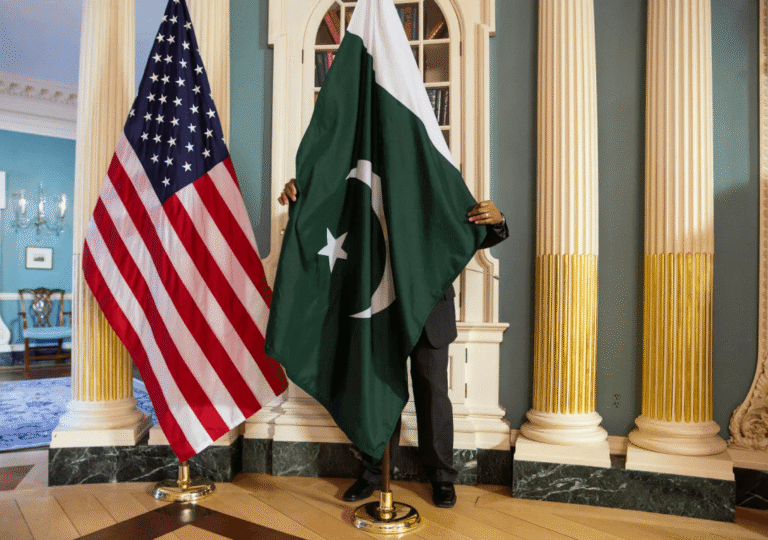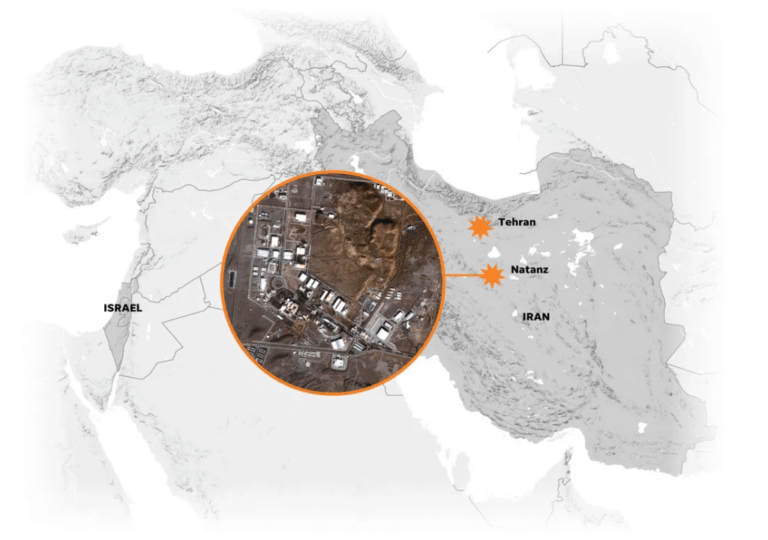There is no doubt that after the collapse of the Soviet Union, the world order is led and directed by the Mighty United States. However, after three decades of US supremacy, the last three years have seen considerable shifts in the United States’ supremacy in the global order. As the Gaza attack and Ukraine war continue without seeming a possible end, some points are clear: the UN is an ineffective waste of money, the United States can no longer participate in direct wars, Russia appears weak, China can only fight with words, and Muslim solidarity among nations for Palestine has waned. Yes, this is the new world order. Even the policymakers are confused about the new developments around the world. The Gaza conflict is actually shedding light on the shaken world order. And this new world order is curious with some important happenings that could never previously be expected. The United States is not vetoing the resolution against Israel. Egypt, Saudi Arabia, and other important Muslim countries are no longer interested in Palestine. While the embassy is attacked in Syria, Iran Remains calm.
Every war reshapes history and presents significant challenges to international relations. Two days after the Hamas massacre in Israel that ignited the conflict, Israeli Prime Minister Benjamin Netanyahu declared that the region would be reshaped to Israel’s advantage. Six months later, nobody believes they’ve lost yet. However, these events pose challenges to international relations. Interestingly, the United States is now taking a strong stance against Israel’s aggression, demanding a ceasefire and withdrawing from vetoing the UN Security Council resolution. While this stance doesn’t directly impact the relationship, it generates discontent among political figures and is also considered part of an internal issue in Israel. As a country deeply intertwined with the money and politics of the United States, experts suggest that the United States’ recent actions reflect discontent stemming from long-standing rule and corruption allegations against Netanyahu
And another important development is the freezing of the progress of the United States mission in the Middle East to unite Sunni Arab countries and Israel, which initially appeared successful. It was a significant achievement by Donald Trump, leading to successful agreements between many Arab countries such as the UAE, Bahrain, Sudan, and Morocco with Israel. This movement is undoubtedly part of the evolving agreement between Saudi Arabia and Israel, resulting in the relationship between Jews and Sunni Islamic countries reaching an all-time high. However, Israel’s Gaza attack has unsettled the populace in the region, causing countries to distance themselves from further progress in building relationships with Israel. Additionally, there is discontent among Turkey and Egypt who have already established relationships with Israel. Iran, the sponsor of Hamas, is not only gaining support from Shia countries like Lebanon and Syria but also from the global Muslim population, thus strengthening its position in international politics. Despite making strong statements, Iran has not taken any action to de-escalate tensions in Gaza, actions they are capable of. Furthermore, Pakistan, another country seeking domination in Islamic countries and the largest ally of the United States, is becoming increasingly irrelevant in international politics.
Israel’s Gaza attack has also been seized upon as a golden opportunity for Russia, which is facing humiliation in Ukraine. The Ukraine war has receded from the main headlines, allowing Russia to present double standards to Western countries. However, many doubt the capabilities of Russia. Even their closest ally, China, the globally overrated power, appears to be keeping its distance from the latest developments. Additionally, countries like Brazil, South Africa, and Spain have made headlines by advocating peace in various forums. India, previously distant from Israel and the US, has conventionally supported Palestine and a two-state solution. However, it is now emerging as one of the biggest supporters of Israel, with the friendship between Modi and Netanyahu strengthening this stance.
No doubt, the United States remains the sole superpower in the world. Russia, China, or any other nation cannot match the effectiveness of the Soviet Union in foreign policies and military strategy development. However, recent incidents mark a weakness in the United States’ political strategy. US diplomacy is experiencing continuous setbacks, particularly during the Biden era. They struggle to direct Israel, influence Europe, confront adversaries, and execute effective campaigns. Biden has failed to achieve his aims in renovating political relationships damaged during the Trump era. The new global order exposes the weaknesses of the United States. Additionally, the Middle East is transitioning from an era defined by religion to one driven by business.








